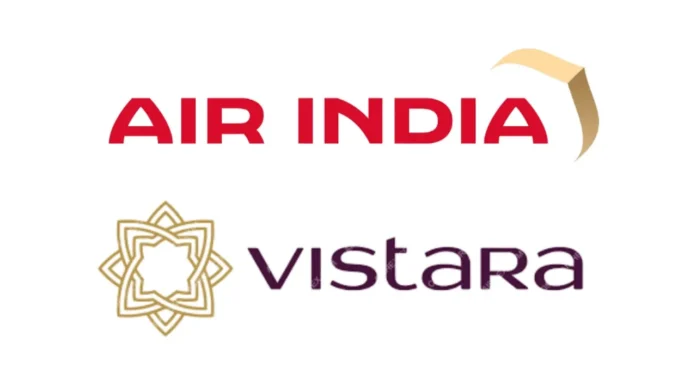Pulse, an innovative platform utilizing agentic AI, has successfully raised $1.4 million in seed funding, with Endiya Partners leading the round. The funding round also saw the involvement of a distinguished group of angel investors, including the founders of Zluri and Yellow.ai, alongside several other entrepreneurs and product leaders.
This capital will be directed towards building a talented core team, advancing the platform’s development, and expanding its purpose-built large language models (LLMs) and agentic AI capabilities. A portion of the funds will also support initial market outreach efforts in India and the United States, helping the company to gain early traction and establish a presence in both regions.
Launched in 2024 by Haren Chelle, Vatsal Singhal, and Alok Thatikunta, Pulse has already begun pilot programs with several design partners and is set to roll out its minimum viable product (MVP) in November 2024.
Based in Hyderabad, Pulse revolutionizes product management by centralizing and analyzing real-time customer feedback, giving product managers actionable intelligence that aligns initiatives with customer expectations, strategic goals, and market trends.
Using advanced Agentic AI, Pulse generates data-driven product roadmaps, offers dynamic insights into competitor activities, and provides predictive metrics such as NPS and NRR impact.










